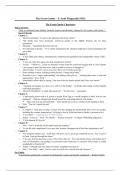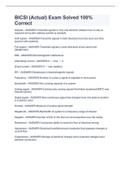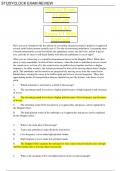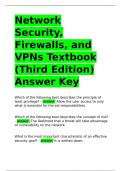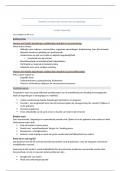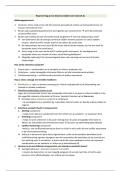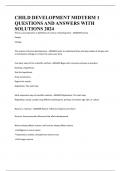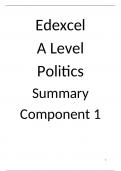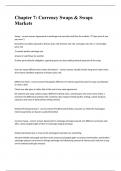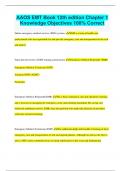Summary
Summary The Great Gatsby all Character Notes (quotes, analysis, context, scholars)
- Institution
- OCR
The Great Gatsby all Character Notes (quotes, analysis, context, scholars) Characters include: - Nick Carraway - Jay Gatsby - Tom Buchanan - Daisy Buchanan - Jordan Baker - Myrtle Wilson - George Wilson - Catherine - Meyer Wolfsheim - Henry Gatz
[Show more]
